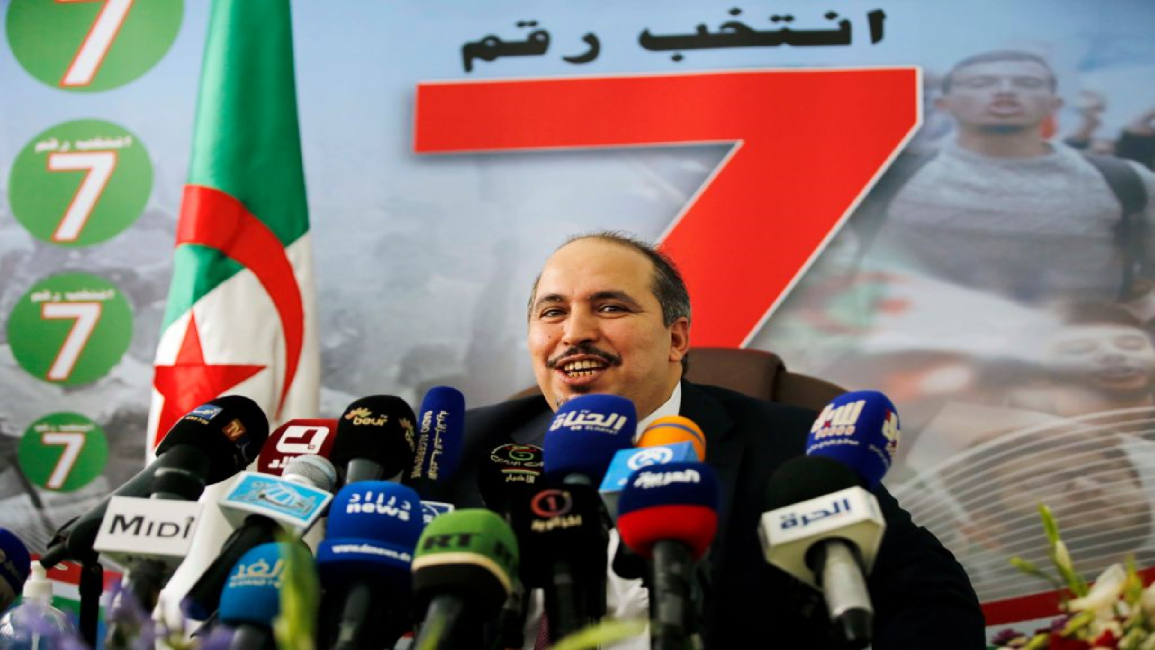Algeria's incumbent FLN gets most seats in parliamentary poll
Algeria's incumbent National Liberation Front (FLN) won the most seats in legislative elections held earlier this month that saw record levels of abstention, final results announced late Wednesday showed.
Once the only party allowed, the FLN secured 98 of the parliament's 407 seats in the 12 June vote, beating a loose alliance of independents with 84 seats, president of the constitutional council Kamel Fenniche said on public television.
The ruling party's result was slightly short of the 105 it was credited with in preliminary results.
Third in the ballot was the Movement of Society for Peace (MSP) with 65 seats, while the FLN's traditional ally the National Rally (RND) claimed 58.
The vote was boycotted by the long-running Hirak protest movement, and at just 23 percent, turnout was the lowest ever recorded in an Algerian election.
The result was better than expected for the FLN, which emerged from Algeria's long struggle for independence from France in 1962 and was the country's sole party until the first multi-party elections in 1990.
But the party of autocrat Abdelaziz Bouteflika had been considered moribund after the ailing president resigned under pressure from the army following weeks of mass Hirak protests in early 2019.
Hirak as well as the secular and leftist opposition had rejected the election in advance as a "sham" given the widespread repression of dissidents.
Massive abstention is seen as a sign of Algerians' disillusionment with and defiance of a political class that has lost much of its credibility.
Voters stayed away in large numbers from the polls at 2019's presidential election and a 2020 constitutional referendum.
But President Abdelmadjid Tebboune had said abstention "isn't important".
His camp is determined to cling on to power and ride out Hirak's demands for the rule of law, a democratic transition and an independent judiciary.
Now that final results have been compiled, the new parliament will be inaugurated by July, before naming a prime minister and forming a government reflecting the new political landscape.
FLN and RND are likely to form a coalition with independents and Islamist conservatives.
Just 35 of Algeria's new lawmakers are women, compared with 146 before, after a quota system introduced in 2012 was scrapped.



